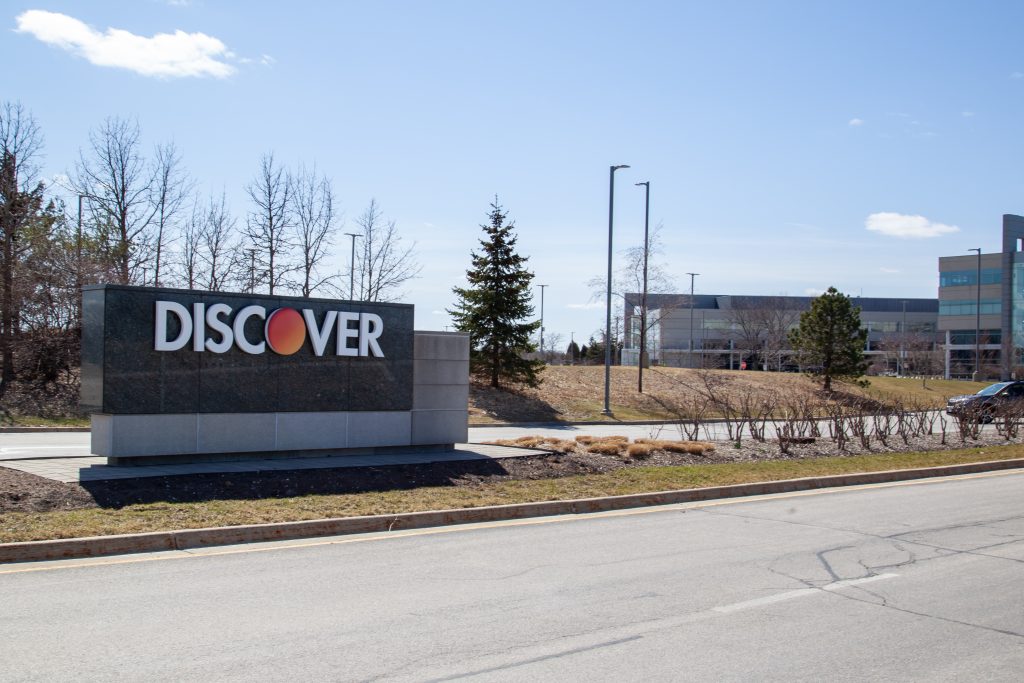How Discover got started and evolved into the card brand it is today.
While there is much speculation about how Discover Financial Services’ recent acquisition by Captial One Financial Corporation will impact the payments ecosystem, Discover’s origins are not well known. Here is an overview of how Discover got started, and evolved into the card brand it is today.

The Discover card was launched in 1985 by Sears Roebuck and Co., which was the largest retailer it the United States at that time. Discover was part of Sears’ effort to build a financial services business. This included establishing one-stop financial services centers in its retail stores that offered insurance, brokerage and real estate services.
The first purchase with a Discover card was made for $26.77 at an Atlanta Sears store in September 1985. Test marketing continued in Atlanta and San Diego leading up to the national launch in 1986 with a major advertising campaign during the Super Bowl. Initially, the card was accepted at Sears’ 796 retail stores and more than 3,000 branch offices of Sears owned subsidiaries Dean Witter Financial Services, Allstate Insurance, Coldwell, Banker, and Sears Savings Bank. Over time other merchants started accepting Discover cards and in 1989, Discover signed its one millionth merchant.
The Discover card was unusual at the time it was launched because it had no annual fee and it had an innovative new feature – cashback rewards. Sears also planned to create exclusive offers for cardholders, such as a “family savings account,” with a tiered interest-rate structure that increased according to the account balance, and a package of financial services from Dean Witter.
Although Discover had good consumer adoption, the business was unprofitable, and other retailers resisted accepting the Discover card as they believed doing so would help their competitor, Sears. The performance of the financial services centers was also falling short of Sears’ goals. As a result, in 1993 Sears spun off the Dean Witter division, which included Discover, as a publicly traded company. The new company was named Dean Witter, Discover & Co. In 1997, it merged with Morgan Stanley and became Morgan Stanley Dean Witter, Discover & Co.
Over the years Discover continued to build its business. It launched new types of cards, including Discover Platinum, the first “keychain” credit card, and gas and miles rewards cards. It also filed an anti-trust lawsuit against Visa and Mastercard in 2004, citing anticompetitive practices which prohibited their member banks from issuing credit and debit cards over the Discover Network. Discover received $2.75 billion in damages when the case was subsequently settled in 2008.
In 2005 the PULSE payments network was acquired. This enabled PULSE’s more than 4,000 member banks, credit unions and savings institutions to join with the Discover Network. It also gave Discover Financial Services the ability to market and issue debit cards, which it started doing in 2006. Other innovations included the launch of business cards in 2006, and the 2007 introduction of the Motiva card, the first credit card to give cash rewards for good credit management. Initial steps towards global acceptance were also taken during this period as reciprocal card acceptance agreements with China UnionPay and JCB were signed in 2005 and 2006, respectively.
In 2007, Discover Financial Services became an independent publicly traded company after it was spun off by Morgan Stanley. The acquisition of Diners Club International the following year helped put Discover on the path to global acceptance as integration of the networks enabled Discover cardholders to use their cards globally on the Diners Club network. Subsequent agreements, alliances and strategic partnerships established with companies including PayPal, Korea’s BC card, the Brazilian card network Elo, and foreign banks continued to build Discover’s global presence. Today the Discover card has 30 network alliance agreements and is accepted in over 200 countries and territories.
In May 2025, Discover Financial Services was acquired by Capital One Financial Corporation for $35 billion. The combined entity will have over $650 billion in assets, it will be the largest US credit card issuer by balances, and it will control Discover’s card payment network. Reportedly, Capital One intends to make Discover a key part of its expansion plans.
For more information see: Discover – Our Company and Sears Unveils Its New Card: Multipurpose Discover
If your business is looking to better manage your merchant account or reduce fees, we’re here to help. We fix and monitor your existing merchant account, and we bring that money back to you. No need to change processors or add a project to your team’s already hectic workload. Schedule a consultation today.
Verisave is a third-party cost-reduction firm specializing in merchant accounts and credit card processing fees.
Verisave is not a payment processor, and is not affiliated with any processors, card brands, or banks.
Verisave has more than 20 years of experience optimizing and monitoring the credit card processing industry.
